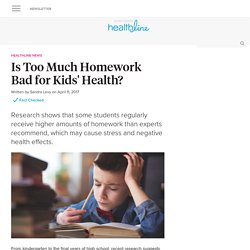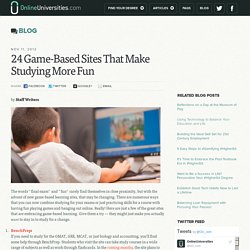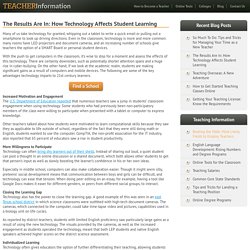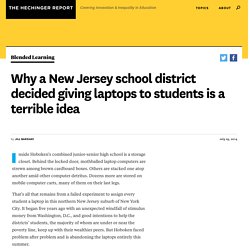

Is Too Much Homework Bad for Kids' Health? Research shows that some students regularly receive higher amounts of homework than experts recommend, which may cause stress and negative health effects.

From kindergarten to the final years of high school, recent research suggests that some students are getting excessive amounts of homework. In turn, when students are pushed to handle a workload that’s out of sync with their development level, it can lead to significant stress — for children and their parents. Both the National Education Association (NEA) and the National PTA (NPTA) support a standard of “10 minutes of homework per grade level” and setting a general limit on after-school studying.
For kids in first grade, that means 10 minutes a night, while high school seniors could get two hours of work per night. But the most recent study to examine the issue found that kids in early elementary school received about three times the amount of recommended homework. Kindergarteners received 25 minutes of homework per night, on average. 24 Game-Based Sites That Make Studying More Fun. BenchPrep:If you need to study for the GMAT, GRE, MCAT, or just biology and accounting, you’ll find some help through BenchPrep.

Students who visit the site can take study courses in a wide range of subjects as well as work through flashcards. In the coming months, the site plans to add additional games and leaderboards to encourage studying and to make the whole process of test prep a little less painful.Smarterer: Smarterer won’t necessarily help you study, but it will help you to pinpoint the areas where you need to focus your studying.
Through the site, students can take a wide range of short tests that assess their knowledge of just about everything, from Twitter to basic algebra. The tests reveal a knowledge score and areas of weakness, and students can come back and retest to track what they’ve learned.Course Hero: Through Course Hero, students can get a whole lot of help with studying. The Results Are In: How Technology Affects Student Learning. Many of us take technology for granted, whipping out a tablet to write a quick email or pulling out a smartphone to look up driving directions.

Even in the classroom, technology is more and more common: many rooms have LED projectors and document cameras, and an increasing number of schools give teachers the option of a SMART Board or personal student devices. With the push to get computers in the classroom, it’s wise to stop for a moment and assess the effects of this technology. There are certainly downsides, such as potentially shorter attention spans and a huge rise in cyber-bullying. On the other hand, if we look at the academic realm, students are making significant gains as a result of computers and mobile devices. The following are some of the key advantages technology imparts to 21st century learners.
Increased Motivation and Engagement The U.S. More Willingness to Participate Technology can often bring shy learners out of their shells. By Danielle Restuccia. How much does a chromebook cost. Why a New Jersey school district decided giving laptops to students is a terrible idea. Inside Hoboken’s combined junior-senior high school is a storage closet.

Behind the locked door, mothballed laptop computers are strewn among brown cardboard boxes. Others are stacked one atop another amid other computer detritus. Dozens more are stored on mobile computer carts, many of them on their last legs. That’s all that remains from a failed experiment to assign every student a laptop in this northern New Jersey suburb of New York City. It began five years ago with an unexpected windfall of stimulus money from Washington, D.C., and good intentions to help the districts’ students, the majority of whom are under or near the poverty line, keep up with their wealthier peers. “We had the money to buy them, but maybe not the best implementation,” said Mark Toback, the current superintendent of Hoboken School District. Despite tight budgets, superintendents and principals around the country are cobbling together whatever dollars they can to buy more computers for their classrooms.
Some Schools Urge Students to Bring Their Own Technology.